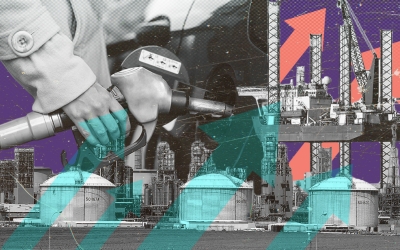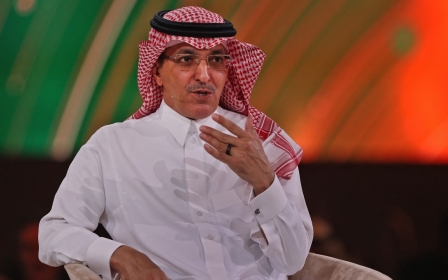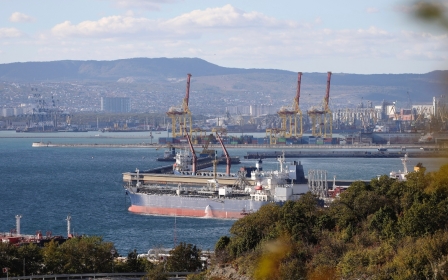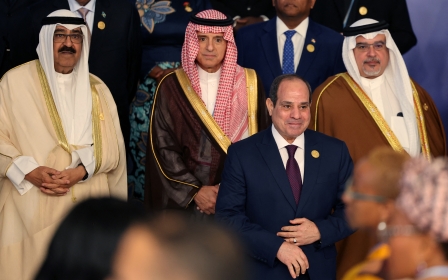Saudi Arabia engaging with Moscow to stabilise oil prices
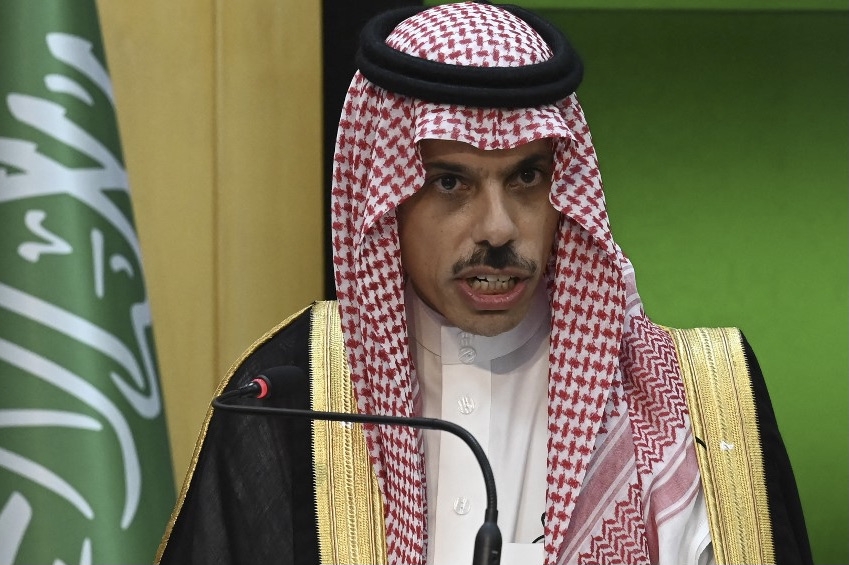
Saudi Arabia will continue to engage with Russia to maintain “stable” oil prices, the kingdom’s Foreign Minister Prince Faisal bin Farhan Al-Saud told Bloomberg on Thursday.
“We have a very important partnership with Russia on Opec+,” the diplomat said, “a partnership that has delivered stability of the oil market…we are gonna engage with Russia on that”.
The Saudi diplomat appeared to take a victory lap, comparing the “relative stability” of crude prices with “other energy sources” that have experienced “significant price swings”.
Liquified Natural Gas (LNG) prices have seesawed over the past year, as Europe moves away from Russia and seeks other suppliers in a tight market. Asian LNG spot prices are down about 67 percent from the record highs this summer, but are still twice as high as they were in mid-2021.
The price of Brent crude soared above $130 a barrel last year, following Russia’s invasion of Ukraine, but have since retreated. On Thursday it stood at $86.30 a barrel, putting the international crude benchmark well below its historic highs last year.
In October, Opec+, the group of oil exporting countries led by Saudi Arabia and Russia, decided to cut oil production by two million barrels a day. Riyadh was slammed by the West, accusing its longtime ally of siding with Russia.
Saudi Arabia defended the move as necessary to support prices and further investment at a time of rising anxiety about the global economy.
While Russia and Saudi Arabia are partners in Opec+, their relationship has been shaken up by the war in Ukraine and western sanctions imposed on Moscow.
Russia has muscled in on Riyadh’s regular markets in Asia with cut-rate crude prices, while the kingdom is selling more in Europe.
On 5 February, the European Union is set to ban purchases of Russian petroleum products like diesel and fuel oil. Saudi Arabia and other Gulf states have stepped in to take Moscow’s market share, even as they benefit from buying discounted Russian products themselves.
Middle East Eye propose une couverture et une analyse indépendantes et incomparables du Moyen-Orient, de l’Afrique du Nord et d’autres régions du monde. Pour en savoir plus sur la reprise de ce contenu et les frais qui s’appliquent, veuillez remplir ce formulaire [en anglais]. Pour en savoir plus sur MEE, cliquez ici [en anglais].


